2011 Climate Action Plan (CAP) Progress Report
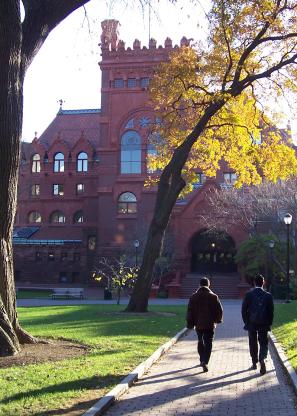
Progress on Penn's Climate Action Plan strategies for 2011.

Progress on Penn's Climate Action Plan strategies for 2011.
An ambitious yet achievable climate goal is on the horizon. Penn is committed to campus carbon neutrality by 2042, a commitment in the CSAP. Campus initiatives to address climate change and energy efficiency put these audacious goals within our reach. Our actions today have real, tangible results for the future.
Renewable fuel sources and a long-standing focus on energy efficiency make our climate and energy goals attainable. Decarbonizing Penn’s campus isn’t the only benefit of renewable fuel sources. Avoiding energy consumption means we can reallocate funds saved.
Penn’s successful energy management is due to strategic programs and initiatives, such as optimizing building designs and operations and empowering occupants to minimize energy consumption. Other strategies include the Century Bond Program, building recommissioning, and the Green Labs program.
Climate Week at Penn hosts events across the university to discuss, learn and innovate on the climate emergency. Join us October 13-17, 2025.
The climate emergency is everyone's business. Join Climate Week at Penn to find your place in the climate movement.
A week of energy-focused events across campus.

The Kleinman Center and Vagelos Institute for Energy Science and Technology host events across campus focused on energy and related issues.
EnviroLab is a workspace dedicated to supporting cutting edge graduate research on environment society relations at the University of Pennsylvania.
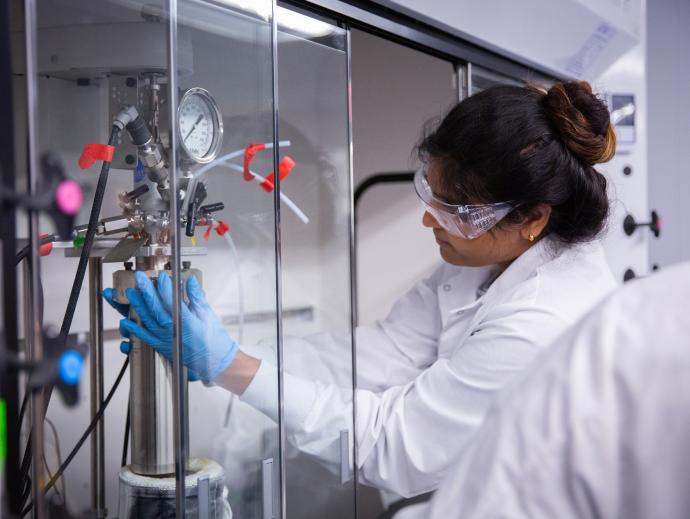
Drawing together research in anthropology, history, science and technology studies, urban geography, EnviroLab is a workspace dedicated to supporting cutting edge graduate research on environment society relations at the University of Pennsylvania.
The Faculty Senate Select Committee facilitating discussion of all aspects of global warming and climate change as they pertain to faculty at Penn.
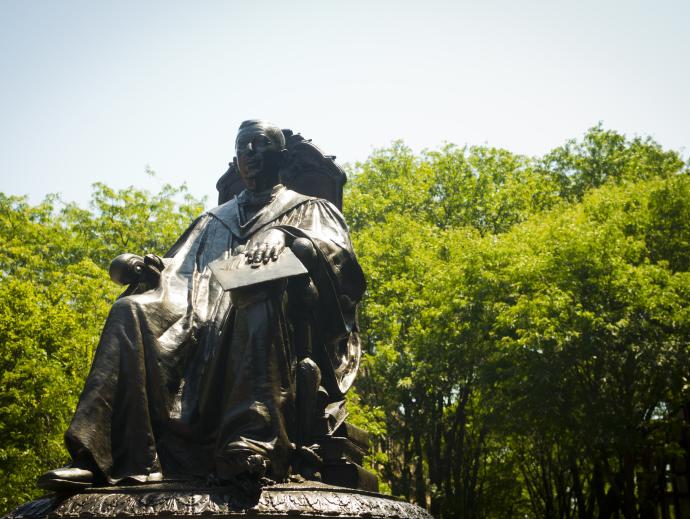
The Faculty Senate Select Committee on the Institutional Response to the Climate Emergency (CIRCE) was established in December 2019 for the purpose of facilitating discussion of all aspects of global warming and climate change as they pertain to faculty at the University of Pennsylvania.
Ultra-Low Temperature (ULT) freezers, also known as -70- and -80-degree freezers, use immense energy. The Ultra-Low Temperature Freezer Program, established in 2015, aims to reduce the number of inefficient, under-utilized and abandoned freezers and to incentivize the purchase of highly efficient ULT freezers. Funded by the Energy Reduction Fund (ERF) in Facilities & Real Estate Services (FRES), this program provides incentives through a rebate for freezer recycling and purchasing new, highly efficient freezers. Applicants can also qualify for freezer recycling and new freezer purchasing with the replacement rebate. The Ultra-Low Temperature Freezer Program has provided more than 300 rebates.
This program is only applicable to ULT freezers; ordinary refrigerators and freezers are not eligible for this program. Eligible freezers must be installed in/recycled from university-owned and/or operated properties. UPHS and university satellite locations are not eligible for this program. Rebates only apply to freezers with an efficiency within the program's specified range. Energy efficiency is based on the ENERGY STAR ULT Freezers Test Method. The graduated rebate amounts are based on energy efficiency and ERF criterion, each School and/or Center must fund at least 20% of the efficiency measure.
| Rebate Type | Efficiency Level | Tier | Rate |
|---|---|---|---|
| Freezer Recycling | -- | -- | $500 |
| Freezer Replacement | 0.26-0.31 kWh/day/cu-ft
< 0.25 kWh/day/cu-ft | Tier 1
Tier 2 | $2,500
$3,000 |
| New Freezer Purchase | .26-0.31 kWh/day/cu-ft
< 0.25 kWh/day/cu-ft | Tier 1
Tier 2 | $1,000
$2,500 |
Rebates are subject to change based on current energy efficiencies available on the market and will be assessed based on date of application submission, not of freezer purchase. Rebate applications must be submitted within one year of freezer purchase.
Ultra-Low Temperature (ULT) freezers, also known as -70- and -80-degree freezers, use an immense amount of energy. The Ultra-Low Temperature Freezer Program is a financial rebate program established to reduce the number of inefficient, under-utilized, and abandoned freezers and to incentivize the purchasing of highly efficient ULT freezers.
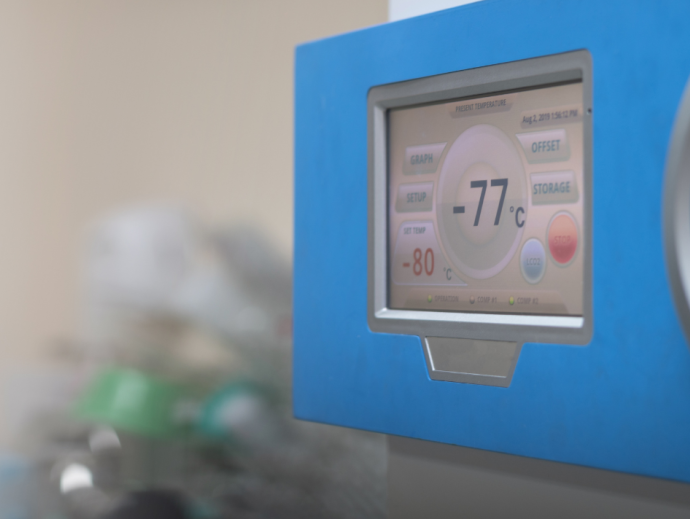
To reduce the number of inefficient, under-utilized, and abandoned freezers and to incentivize the purchasing of highly efficient ULT freezers.
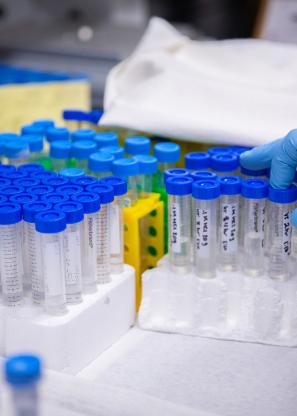
An introduction to Green Labs at Penn.
For an introduction to the Green Labs program, visit the Green Labs Workday Learning Course